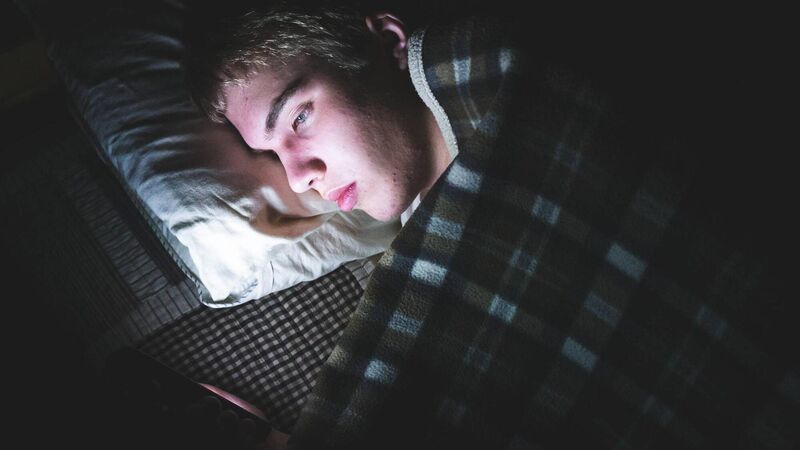Richard Hogan: How do we protect our children while also allowing them to enjoy technology?

Richard Hogan: "Since the pandemic, when we told children to stay home from school and use technology to communicate, I have seen a significant rise in the level of issues with technology and the family"








